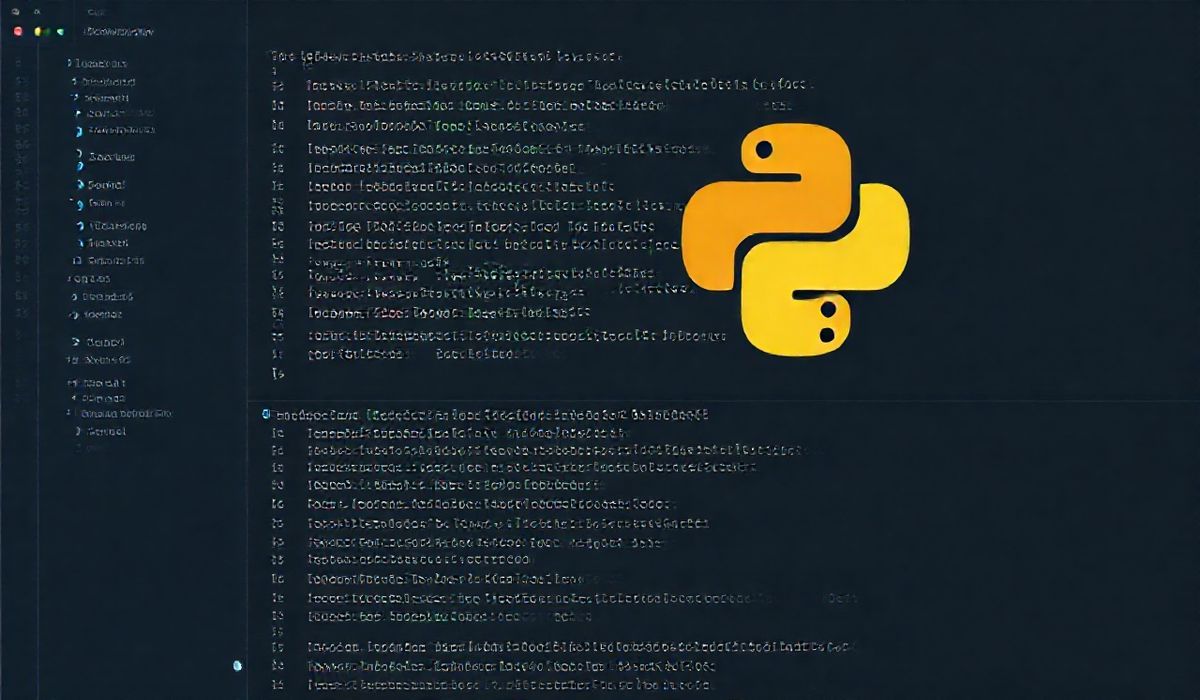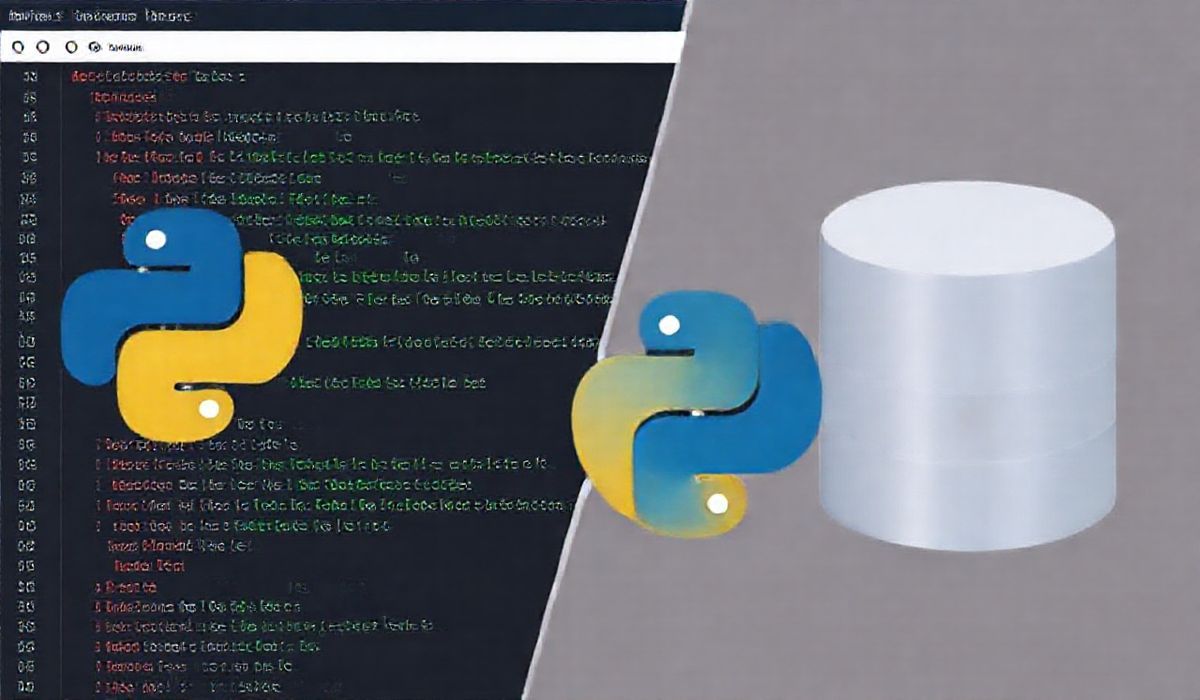Unlock the Power of Python more-itertools for Advanced Iteration Techniques
Python’s standard library provides amazing tools for handling iteration with its built-in itertools module. However, when you need to go a step further, more-itertools offers an extended suite of advanced iteration tools and utilities. Whether you’re working with advanced data pipelines, crafting custom iterators, or simplifying your algorithm, more-itertools has your back.
What is more-itertools?
more-itertools is a third-party Python library that expands the functionalities of itertools. Packed with dozens of high-level utilities, it makes your life easier by offering solutions to commonly encountered problems in iterable processing.
Useful APIs from more-itertools with Examples
1. chunked
Splits an iterable into fixed-sized chunks:
from more_itertools import chunked
data = [1, 2, 3, 4, 5, 6, 7]
for chunk in chunked(data, 3):
print(chunk)
# Output:
# [1, 2, 3]
# [4, 5, 6]
# [7]
2. first
Gets the first item of an iterable:
from more_itertools import first numbers = [10, 20, 30] print(first(numbers)) # Output: 10
3. last
Similar to first, but retrieves the last item:
from more_itertools import last numbers = [10, 20, 30] print(last(numbers)) # Output: 30
4. flatten
Flattens a nested iterable:
from more_itertools import flatten nested_list = [[1, 2], [3, 4], [5, 6]] print(list(flatten(nested_list))) # Output: [1, 2, 3, 4, 5, 6]
5. pairwise
Returns overlapping pairs from an iterable:
from more_itertools import pairwise iterable = [1, 2, 3, 4] print(list(pairwise(iterable))) # Output: [(1, 2), (2, 3), (3, 4)]
6. partition
Splits an iterable into two parts based on a predicate:
from more_itertools import partition is_even = lambda x: x % 2 == 0 iterable = [1, 2, 3, 4, 5, 6] even, odd = partition(is_even, iterable) print(list(even)) # Output: [2, 4, 6] print(list(odd)) # Output: [1, 3, 5]
7. windowed
Yields overlapping windows of a specified size:
from more_itertools import windowed iterable = [0, 1, 2, 3, 4] print(list(windowed(iterable, 3))) # Output: [(0, 1, 2), (1, 2, 3), (2, 3, 4)]
8. unique_everseen
Filters duplicates while preserving order:
from more_itertools import unique_everseen iterable = [1, 2, 2, 3, 3, 3, 4] print(list(unique_everseen(iterable))) # Output: [1, 2, 3, 4]
9. strip
Removes elements from the beginning and end of an iterable that meet a condition:
from more_itertools import strip data = [0, 0, 1, 2, 3, 0, 0] print(list(strip(data, lambda x: x == 0))) # Output: [1, 2, 3]
Real-World Application Example
Imagine you are building a weather data processing pipeline. Here, more-itertools shines with its diverse utilities:
from more_itertools import chunked, flatten, unique_everseen
# Example weather station data
station_data = [
[25, 26, 24],
[24, 22, 22],
[23, 25, 27, 24],
]
# Flatten data
all_readings = flatten(station_data)
# Remove duplicates
unique_readings = unique_everseen(all_readings)
# Batch for storage
for batch in chunked(unique_readings, 3):
print(list(batch))
# Output:
# [25, 26, 24]
# [22, 23, 27]
With just a few functions from more-itertools, we efficiently processed a complex transformation pipeline for weather data.
Conclusion
More-itertools extends Python’s itertools capabilities in powerful and intuitive ways. Whether you’re a data scientist, software engineer, or a Python enthusiast, this library should definitely be part of your toolkit. Try it out and unlock smarter iteration!




